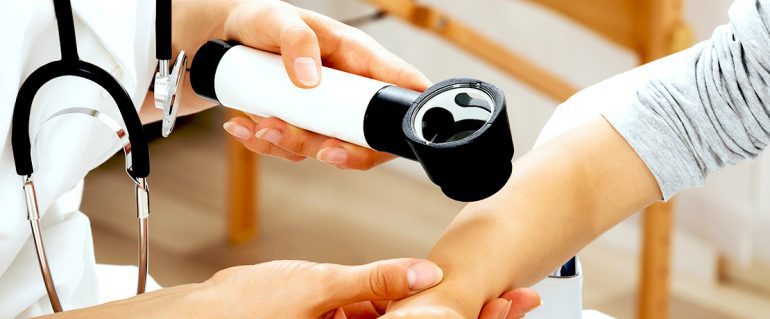- Pediatric dermatologists outshine AI counterparts in multiple-choice and multiple-answer questions.
- ChatGPT version 4.0 exhibits comparable performance to clinicians, narrowing the performance gap.
- Clinicians maintain an edge in case-based question assessment, though ChatGPT 4.0 demonstrates notable comparability.
- Recommendations for clinicians include leveraging AI for brainstorming diagnoses while exercising caution in decision-making.
- Further research is warranted to elucidate optimal AI integration in clinical practice.
Main AI News:
Artificial intelligence (AI), epitomized by tools such as OpenAI’s Chat Generative Pre-trained Transformer (ChatGPT), is rapidly gaining traction in medical spheres. These AI tools exhibit prowess in prognostication, risk assessment, and data interpretation, revolutionizing medical diagnostics and decision-making processes.
Recognizing the expanding influence of AI in healthcare, Huang et al delved into a comparative analysis of pediatric dermatologists against ChatGPT iterations 3.5 and 4.0. Their study, detailed in Pediatric Dermatology, showcased pediatric dermatologists’ superior performance across various question formats, albeit with noteworthy comparability in certain aspects with ChatGPT version 4.0.
A meticulously crafted examination comprising 24 text-based questions, including multiple-choice, multiple-answer, and case-based queries, formed the backbone of this research. Questions, sourced from reputable dermatological examinations and publications, underwent evaluation via ChatGPT’s interface as of October 2023.
Pediatric dermatologists, boasting an average of 5.6 years of clinical acumen, outshone AI counterparts in multiple-choice and multiple-answer segments, garnering a substantial lead. However, ChatGPT version 4.0 demonstrated commendable parity with clinicians, trailing by a mere 0.9%.
In the realm of case-based questions, clinicians maintained a noticeable edge, yet ChatGPT version 4.0 showcased comparable performance, challenging conventional disparities.
Drawing from these insights, Huang et al curated a pragmatic “dos and don’ts” guideline for clinicians navigating AI integration:
Dos:
- Utilize ChatGPT for brainstorming potential diagnoses.
- Provide comprehensive yet confidential patient information.
- Validate ChatGPT outputs with authoritative medical resources.
- Stay abreast of regulatory frameworks governing AI in healthcare.
Don’ts:
- Depend solely on ChatGPT for definitive diagnoses.
- Succumb to cognitive biases triggered by AI responses.
- Blindly accept ChatGPT outputs as medical gospel.
- Entrust sensitive data to non-compliant AI platforms.
As AI precision evolves, dermatology clinicians are encouraged to embrace these tools for evidence-based decision support and case analysis. However, the study underscores the indispensability of human expertise in clinical decision-making, emphasizing AI’s supplementary, rather than conclusive, role.
While pediatric dermatologists currently retain a performance edge, the advancing sophistication of AI algorithms underscores a transformative trajectory for healthcare. Nevertheless, researchers caution that further exploration is requisite to delineate ChatGPT’s optimal integration into clinical workflows.
Acknowledging study limitations, including potential reproducibility shifts and clinician exposure biases, Huang et al advocate for cautious yet proactive AI integration, heralding a collaborative future for human expertise and AI innovation in pediatric dermatology.
Conclusion:
The findings underscore a transformative landscape for pediatric dermatology, where AI serves as a complementary tool to augment clinical decision-making. As AI precision evolves, a symbiotic relationship between human expertise and AI innovation emerges, paving the way for enhanced patient care and diagnostic accuracy. This signals a burgeoning market for AI-driven healthcare solutions, where AI platforms like ChatGPT may serve as indispensable aids in clinical workflows, albeit under the guidance of experienced clinicians.

